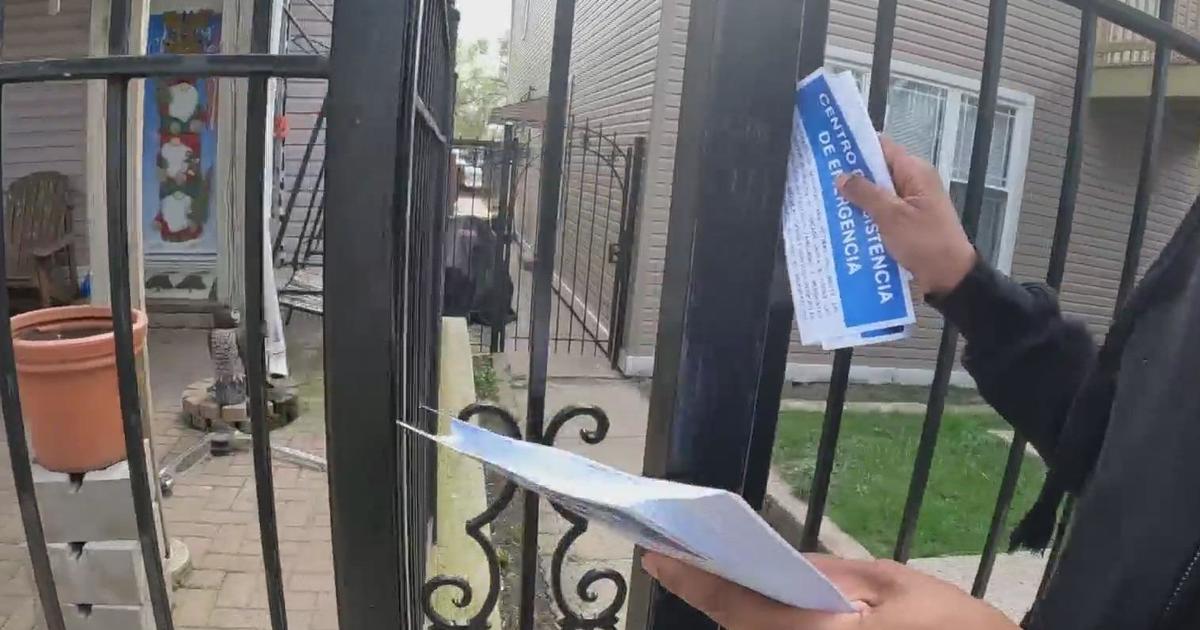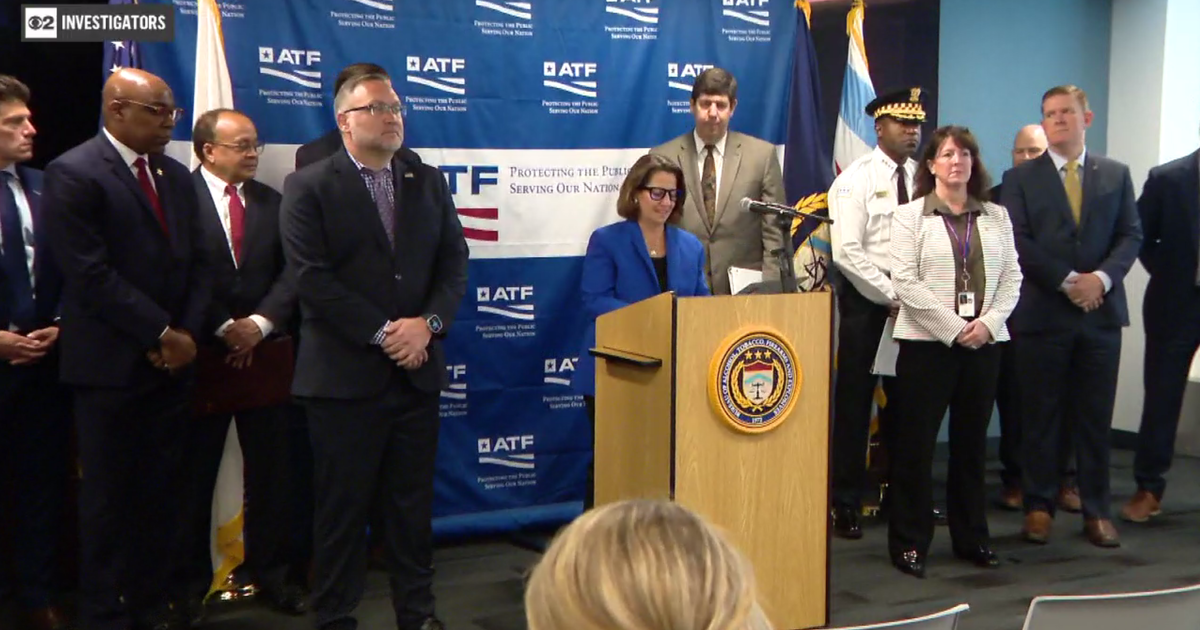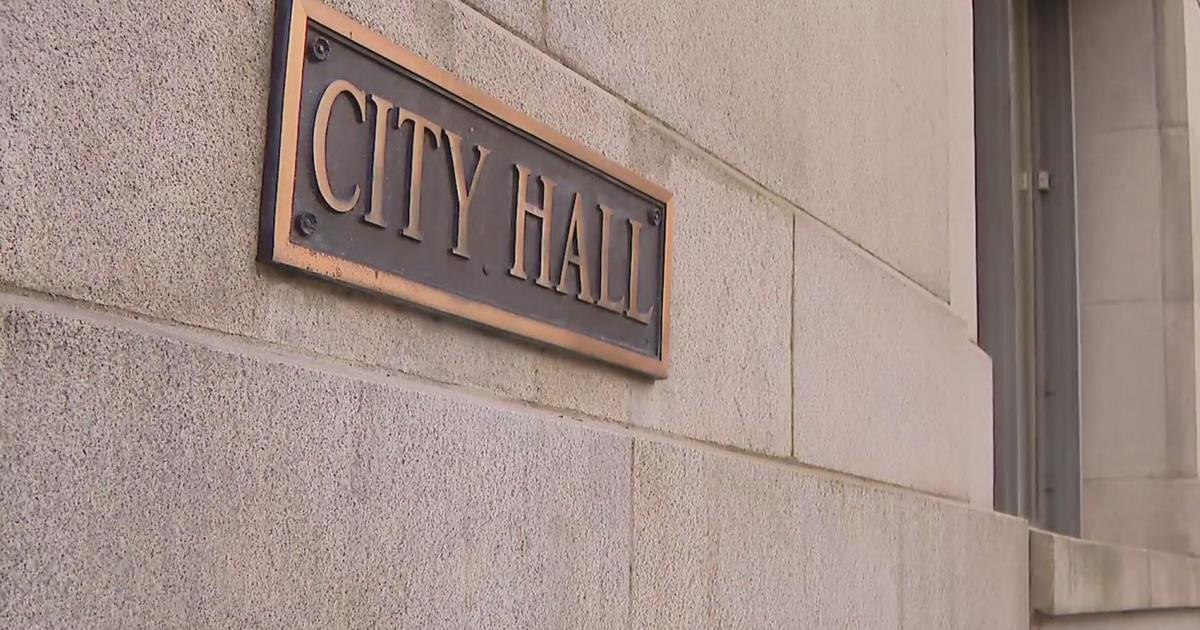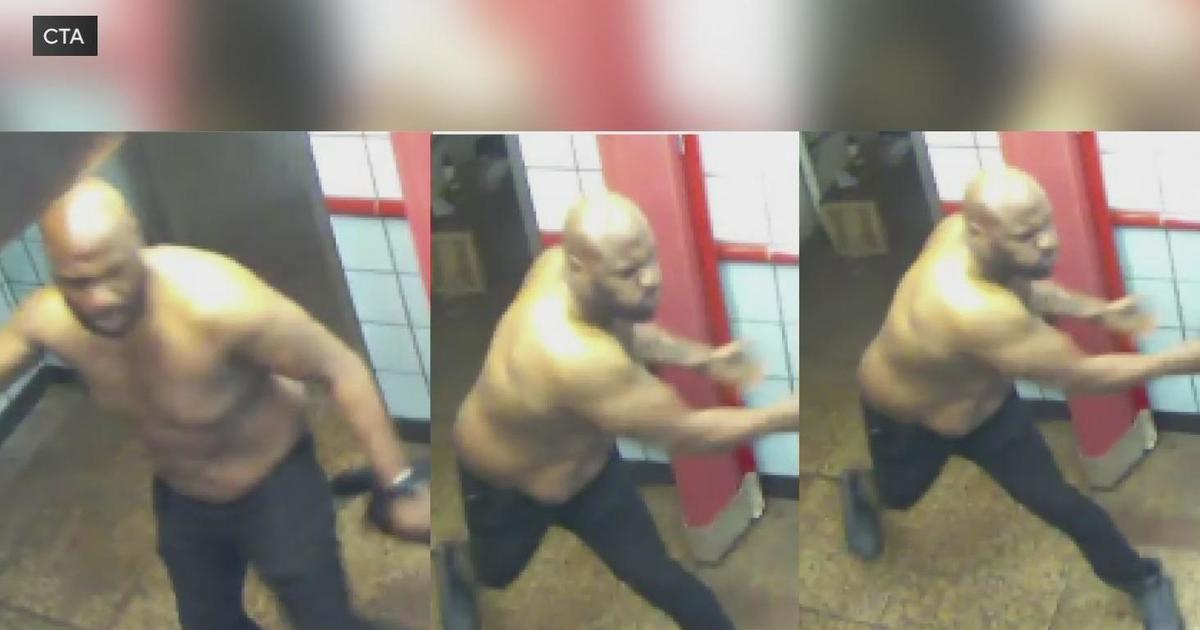City To Help Fund CeaseFire Efforts To Reduce Violence
CHICAGO (CBS) -- The solution to tackling Chicago's crime problem could make the strangest of bedfellows. Two weeks ago, Chicago Police and the anti-violence group CeaseFire were taking shots at one another, but on Tuesday they joined up as allies.
The Police Department and CeaseFire were brought together by the mayor's office, which has been struggling with the stigma of an epidemic of gang violence.
CBS 2 Chief Correspondent Jay Levine reports it resembled a shotgun wedding that neither side was comfortable with.
You could tell from the body language even before the formal announcement that the city plans its first-ever official partnership with CeaseFire.
Outside the Jackson Park fieldhouse, the two groups arrived separately for Tuesday's announcement, and remained conspicuously apart during the event -- with City Health Commissioner Dr. Bechara Choucair, shuttling back and forth between the two.
Choucair was brought in by the Mayor to broker a six-page "memorandum of understanding" between CeaseFire and the city, listing the Police Department – whose superintendent has been critical of CeaseFire – as simply "a third party beneficiary," rather than a direct alliance between CeaseFire and police.
LISTEN: WBBM Newsradio's Bob Roberts Reports
Podcast
CeaseFire will get $1 million from the Chicago Department of Public Health to target crime in the Grand Crossing and Ogden police districts – on the South Side and West Side, respectively. That funding will place an extra 20 CeaseFire workers in each district.
CeaseFire workers, known as "violence interrupters," seek to prevent retaliatory violence by reaching out to gangs that might seek retribution for acts of violence against their members. They also try to resolve other neighborhood disputes peacefully, before they turn violent to begin with.
Derrick Brown, a former gang leader turned violence interrupter, who explained how a stolen bicycle nearly led to murder earlier this year. When one man stole another man's bike, the victim later confronted him and demanded the bike back, but the thief wanted $5 to give it back, and Brown tried to help them resolve the situation peacefully.
"The guy said 'I'm not gonna give you two cents for a bike, so you might as well go ahead, get ready, and gun up.' So instead, I just put my two cents in, and said 'Hold on, I'm gonna give you $5 for the bike,'" Brown said. "If I wasn't there, probably would have had a big fight happen … or, on the spot, somebody would have ended up getting shot and killed. Most likely, that's what would have happened."
Police Supt. Garry McCarthy has suggested the group undermines the public's respect for police in some communities, when it tries to broker peace between gangs without police involvement.
"When an event occurs, and people are trying to deal with gang members, and somebody comes in and tries to interrupt that particular dynamic, and they tell people, 'Well, don't talk to the police. We understand you can't trust the police, but look at us, you can trust us' - they're undercutting that legitimacy that we're trying to create in the community," McCarthy said earlier this month.
But CeaseFire director Tio Hardiman has said the group does not tell people not to contact police. He's also questioned the police tactic of targeting gangs that might retaliate for violence against their members and arresting some gang members for unrelated offenses – such as failure to pay child support – to get them off the street and avoid retaliatory violence.
"You cannot arrest your way out of this problem," Hardiman said earlier this month. "The thing is, you arrest 200 guys today, another 200 guys are released next week."
But that was then, and this is now. The arm's-length relationship between CeaseFire and city officials on Tuesday helped save face for McCarthy and save credibility for CeaseFire.
Rev. Robin Hood, a violence prevention coordinator for CeaseFire, said it was important for the group that the agreement not be directly with the Police Department, because violence interrupters need to maintain the proper relationships to continue their efforts to reduce violence.
"If it's perceived as telling the police about everything that's going on, it would diminish the relationships they built in the community over the last 10 years," he said.
As for police, First Deputy Supt. Al Wysinger said, "I don't think it's necessarily face-saving … it's just that in this time, and this climate, with the amount of bodies from homicides and shootings that are continuing to add up – that make this city seem as if it's not safe – if there were differences in the past, for the sake of the common good – and I'm not saying there were – those things have to go out the window. We have to be on the same page."
The original plan also called for CeaseFire violence interrupters to operate in a third police district – the Pullman District – but the plan was scaled back to just the Ogden and Grand Crossing Districts.



